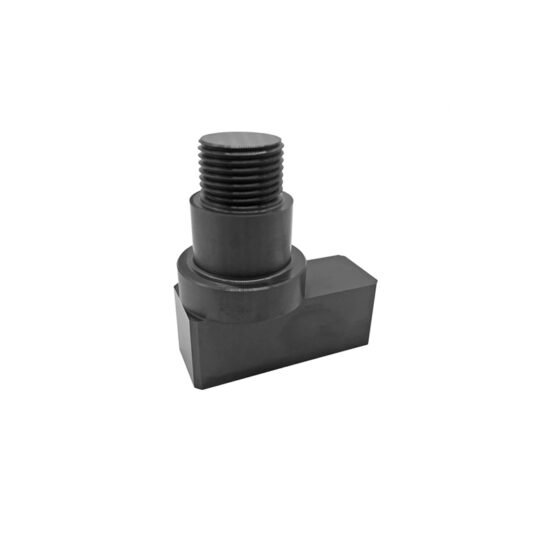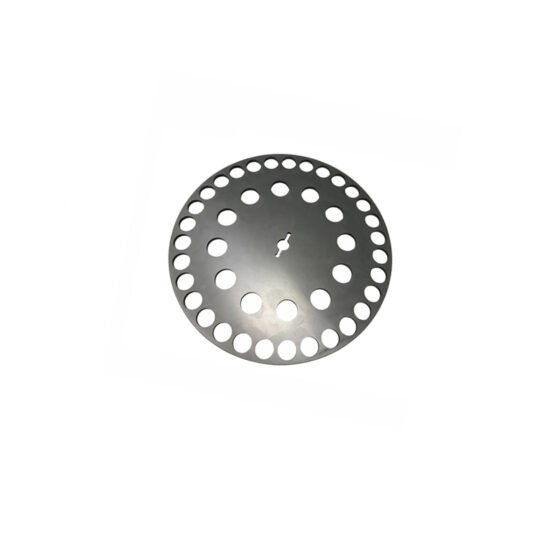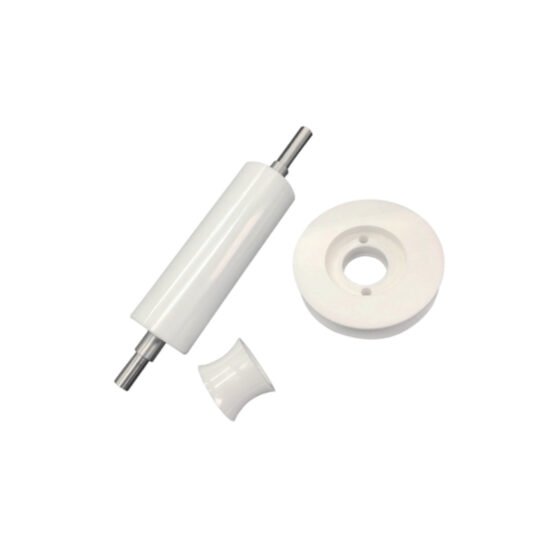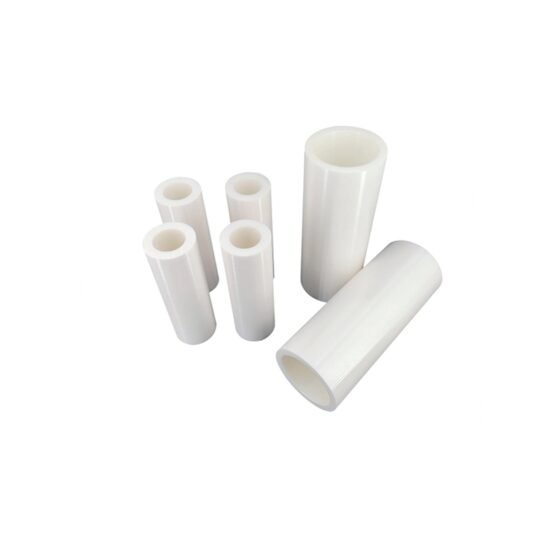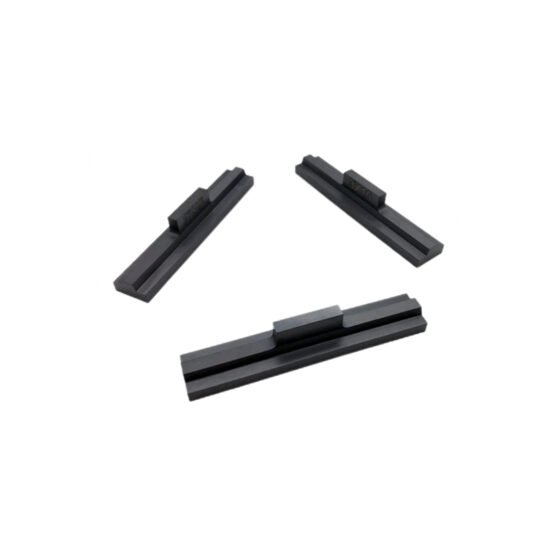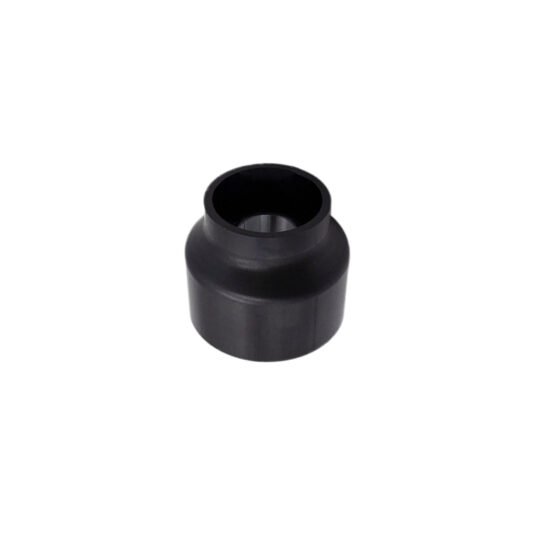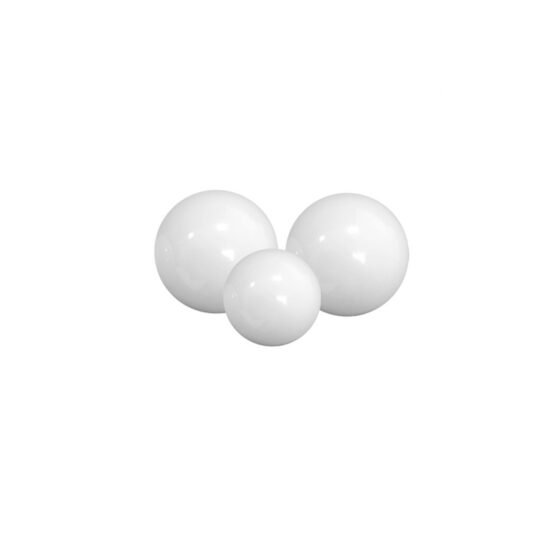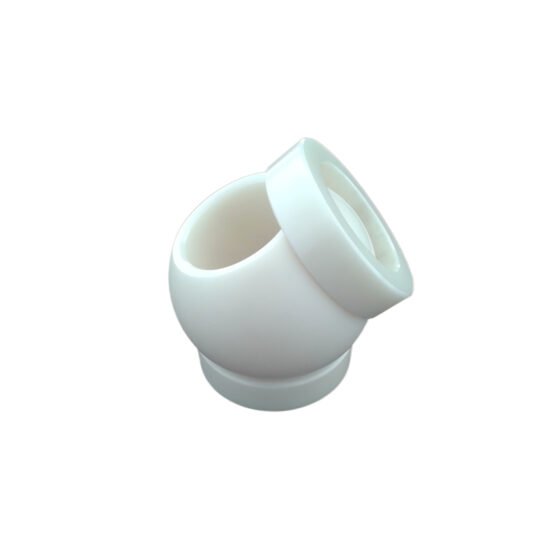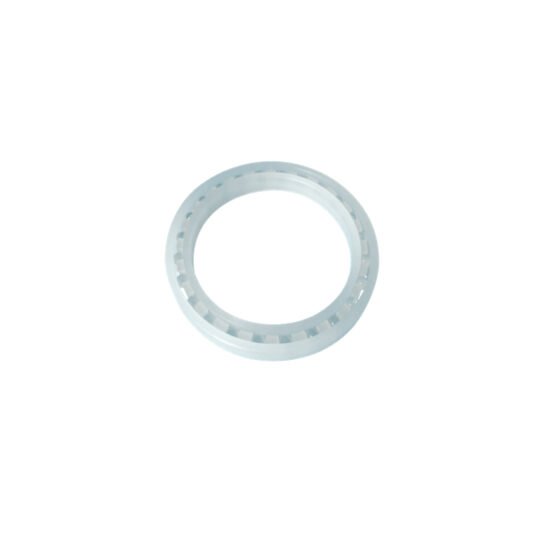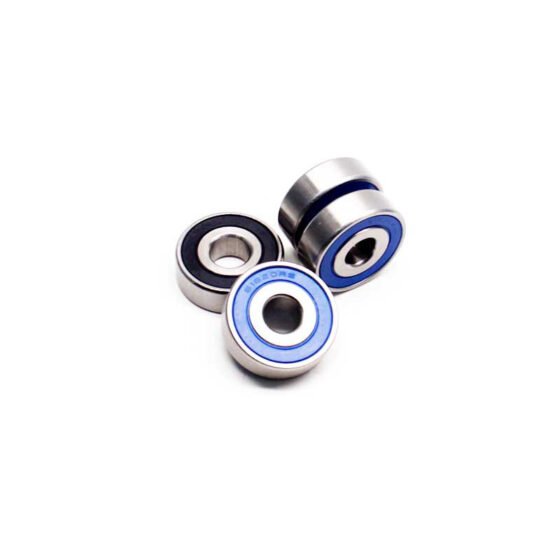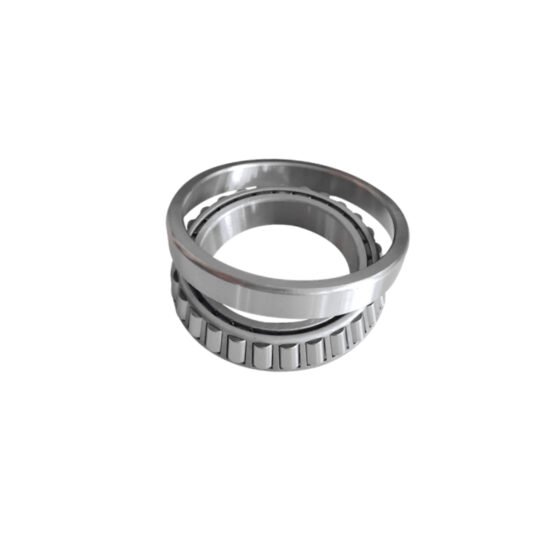Zirconia ceramic rods are precision-engineered components commonly used as industrial piston plungers due to their exceptional material properties. Made from high-purity zirconium dioxide (ZrO₂), these ceramic rods offer superior performance in demanding environments, ensuring durability, precision, and efficiency.
Key Features of Zirconia Ceramic Rods
- High Strength and Toughness
- Zirconia exhibits higher strength and fracture toughness compared to other ceramics, ensuring reliability under mechanical stress.
- Excellent Wear Resistance
- With outstanding hardness, zirconia rods resist abrasion and maintain performance over extended use.
- Low Thermal Conductivity
- Zirconia has low thermal conductivity, making it suitable for applications requiring thermal insulation.
- Corrosion Resistance
- Highly resistant to chemical corrosion, acids, alkalis, and salts, ensuring longevity in harsh environments.
- High Temperature Stability
- Operates effectively in temperatures up to 1,200°C, maintaining structural integrity and performance.
- Smooth Surface Finish
- Precision-ground surfaces provide excellent sealing and reduce friction for piston plunger applications.
- Biocompatibility
- Chemically inert and non-toxic, making zirconia rods suitable for medical and food-grade applications.
Applications of Zirconia Ceramic Rods
- Industrial Pumps and Piston Plungers
- Used in high-performance pumps for their durability, chemical resistance, and low wear rate.
- Precision Machinery
- Ideal for use as guides, shafts, or rollers in high-precision equipment.
- Chemical Processing Equipment
- Withstands corrosive environments, making it ideal for reactors, mixers, and pipelines.
- Medical Equipment
- Used in implants, surgical tools, and medical devices requiring biocompatibility.
- Aerospace and Automotive
- Suitable for applications requiring high strength, thermal stability, and resistance to wear.
- Food and Beverage Industry
- Safe for contact with food, used in mixers and dispensers.
1. Premium Quality Materials
We use top-grade ceramic materials like Zirconia (ZrO2) and Silicon Nitride (Si3N4) to ensure our bearings offer superior durability, wear resistance, and performance.
2. Tailored Solutions
Our team works closely with you to provide customized bearing solutions that perfectly meet the needs of your industry, whether in packaging, renewable energy, or other specialized fields.
3. Industry Expertise
With years of experience serving diverse industries, we understand the unique challenges of high-performance applications and consistently deliver reliable solutions.
4. Precision Engineering
Our ceramic bearings are manufactured with state-of-the-art technology to achieve unmatched precision and efficiency, ensuring smooth operation and extended lifespan.
5. Competitive Pricing
We combine high quality with cost-effective pricing, offering excellent value to our clients without compromising on performance.
6. Fast Delivery & Global Reach
Our streamlined logistics and global network ensure timely delivery, no matter where you are.
7. Exceptional Support
Our dedicated team is available to assist you every step of the way—from initial inquiry to after-sales service—ensuring a hassle-free experience.
1. What are ceramic bearings?
Ceramic bearings are bearings made from advanced ceramic materials such as Zirconia (ZrO2) or Silicon Nitride (Si3N4). They are known for their high strength, wear resistance, and ability to perform in extreme conditions.
2. What are the advantages of ceramic bearings over steel bearings?
Ceramic bearings offer several advantages, including:
- Higher Durability: Resistant to wear, corrosion, and high temperatures.
- Lighter Weight: Up to 40% lighter than steel bearings.
- Non-Magnetic & Electrically Insulating: Ideal for sensitive applications.
- Low Friction: Reduces energy loss and heat generation.
3. In which industries are ceramic bearings commonly used?
Ceramic bearings are widely used in:
- Packaging equipment
- Renewable energy (e.g., wind turbines)
- Aerospace and automotive
- Medical devices
- Chemical processing
- High-precision tools
4. Can ceramic bearings handle high temperatures?
Yes, ceramic bearings are highly resistant to heat and can operate in temperatures exceeding 1,000°C, depending on the material used.
5. Are ceramic bearings suitable for corrosive environments?
Absolutely! Ceramic bearings are non-reactive to most chemicals, making them ideal for use in highly corrosive environments.
6. What is the lifespan of ceramic bearings?
Ceramic bearings typically last much longer than steel bearings due to their wear resistance and durability. However, the exact lifespan depends on the operating conditions and maintenance practices.
7. How do I maintain ceramic bearings?
Ceramic bearings require minimal maintenance, but to ensure longevity:
- Use the correct lubrication when necessary.
- Keep them clean and free from contaminants.
- Follow proper installation procedures.
8. Do you provide customized ceramic bearings?
Yes, we offer tailored ceramic bearing solutions to meet your specific application requirements. Contact us to discuss your needs.
9. What sizes and types of ceramic bearings do you offer?
We supply a wide range of sizes and configurations, including ball bearings, roller bearings, and hybrid bearings. Check our product catalog or contact us for more details.
10. How can I place an order or request a quote?
Simply visit our Contact Us page, fill out the inquiry form, or reach out to us directly via email or phone. Our team will respond promptly with the information you need.
 LOWIFAR CERAMIC
LOWIFAR CERAMIC





